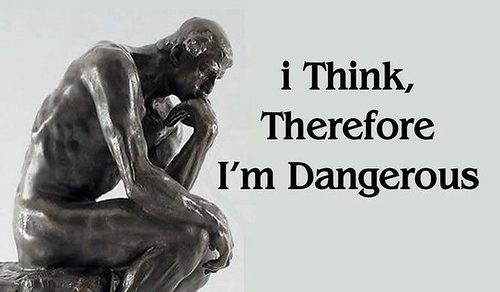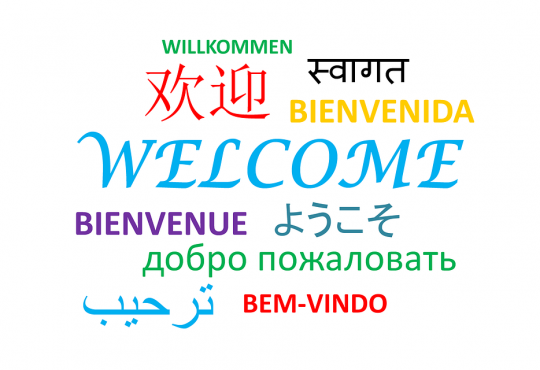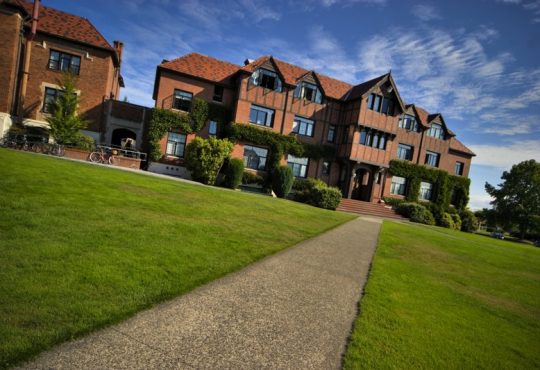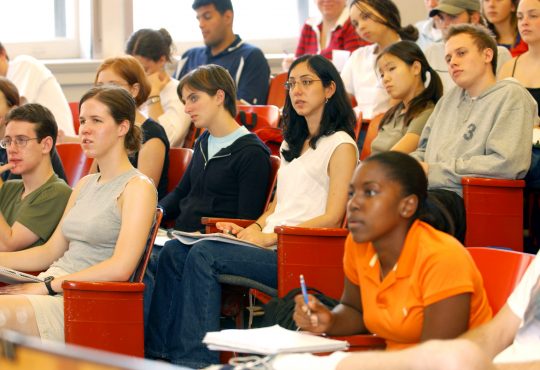Dear Puget Sound Community,
I am writing to express my concern that the way in which we have recently been approaching academic discourse is robbing us of the benefits that engaging in true dialogue has to offer. We enrolled in a liberal arts school with the perception that all of our opinions would be listened to and respected.
For many of us, coming to Puget Sound was an escape from the judgment we had experienced in other communities. We sought a place where we could express our own views and also attempt to understand others’, even if they were contrary to our own. Over the past four years, I have witnessed this foundational liberal arts sentiment dissolve.
Historically, Puget Sound has prided itself for being an eclectic community where every opinion is worth considering, no matter where it comes from. As a result, we created a space in which socially progressive, but nationally unpopular opinions, could be expressed without reproach.
But whether it is in retribution for past repression, or whether it is merely the nature of a community finding its voice for the first time, Puget Sound has developed its own rigid social creed. Thus, for the people among us who do not subscribe to our popular set of beliefs, our campus is a threatening place. We have created a new type of liberal arts culture, but it is, unfortunately, an illiberal arts culture: a culture of fear.
As a politically active liberal arts community that has made leaps of progress on many pressing social issues, we have given voices to many, ignoring the fact that our new manner of discourse has silenced many others. In expressing an unpopular opinion, students run the very real risk of being labeled ignorant, insensitive, or downright immoral; too often we make the mistake of equating “uncomfortable” with “immoral.”
By labeling people this way, we threaten demonizing dissenters to a point where we don’t have to listen to them in any context. This is an injustice to the person at whom it is directed, and a detriment to our collective learning. At this point in our conversation, it is imperative that we remember to periodically reflect on how our methods of pursuing social progress affect others’ ability to engage in the dialogue.
In order to reclaim the open discourse that we strive to encourage on this campus, we must be careful that in expressing our own opinions, we do not make contradictory opinions taboo. If we do not learn to argue with logic, instead of labels, such constructive debate is unlikely to even occur. Although some points of view may be offensive to us, it is important that we consider them for the same reasons that we want our own opinions to be considered.
Two weeks ago, many of us updated our Facebook statuses to reflect our opinions on the recent exoneration of Darren Wilson. Due to reductive media coverage of this event, it is not surprising that many of us had polarized opinions about the Grand Jury’s decision to let Wilson walk free.
At first, I was happy to read constructive conversations in which people engaged in open discourse about the topic. However, as soon as any dissenting opinions were presented, I was disgusted to see the intolerance with which Puget Sound students reacted to each other’s input. As our peers began to redact their initial stances, and others ceased to comment altogether, soon not a single person on my news feed dared to express a position they felt was locally unpopular.
Statistically speaking, there is a very slim chance that everybody felt the same way about the issue, and even in a forum designed for open discourse, not one person felt safe to speak out against the local majority. This shows me that our current methods of discourse do not meet the standards of openness to which we should aspire, and it highlights the biggest challenge facing our campus culture: learning to consider conflicting perspectives without feeling the need to socially coerce our opponents into silence.
By only engaging with those who share our opinions, we deceive ourselves in two ways: first, we assume that we are surrounded only by people that agree with our position on a given issue, and second, through only receiving positive reinforcement, we assume that we are righteous.
It is this second deception that is the biggest threat to achieving a liberal arts understanding of the world, a doctrine to which we have all willingly ascribed. By closing ourselves off to contradictory opinions, we cheat ourselves out of the benefits of being a part of a liberal arts community, for it is only within such ideological friction that true learning can take place.
It is my hope that as we continue to grow as individuals and as a community, we learn to celebrate the expression of all ideologies and opinions, even if we do not celebrate the ideas themselves.
Sincerely,
Adam Saltzer
Class of 2015






